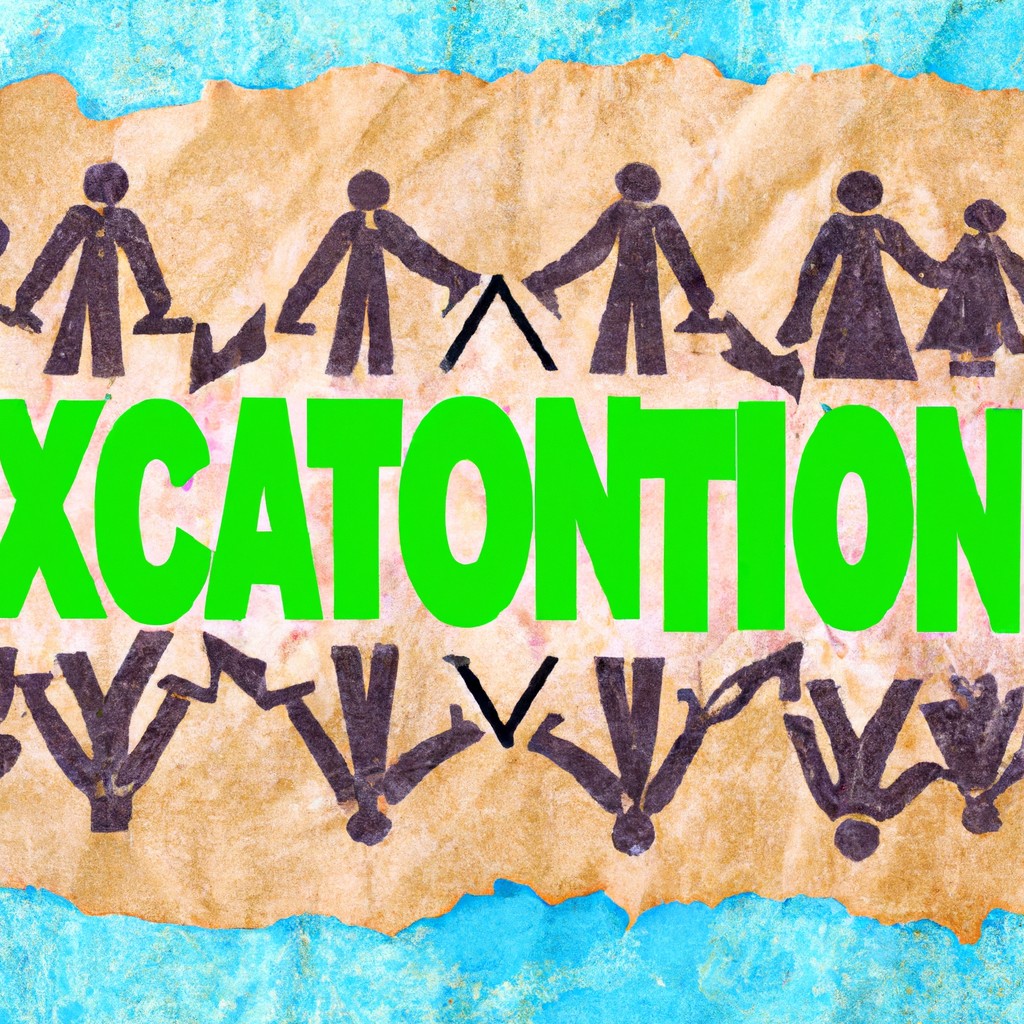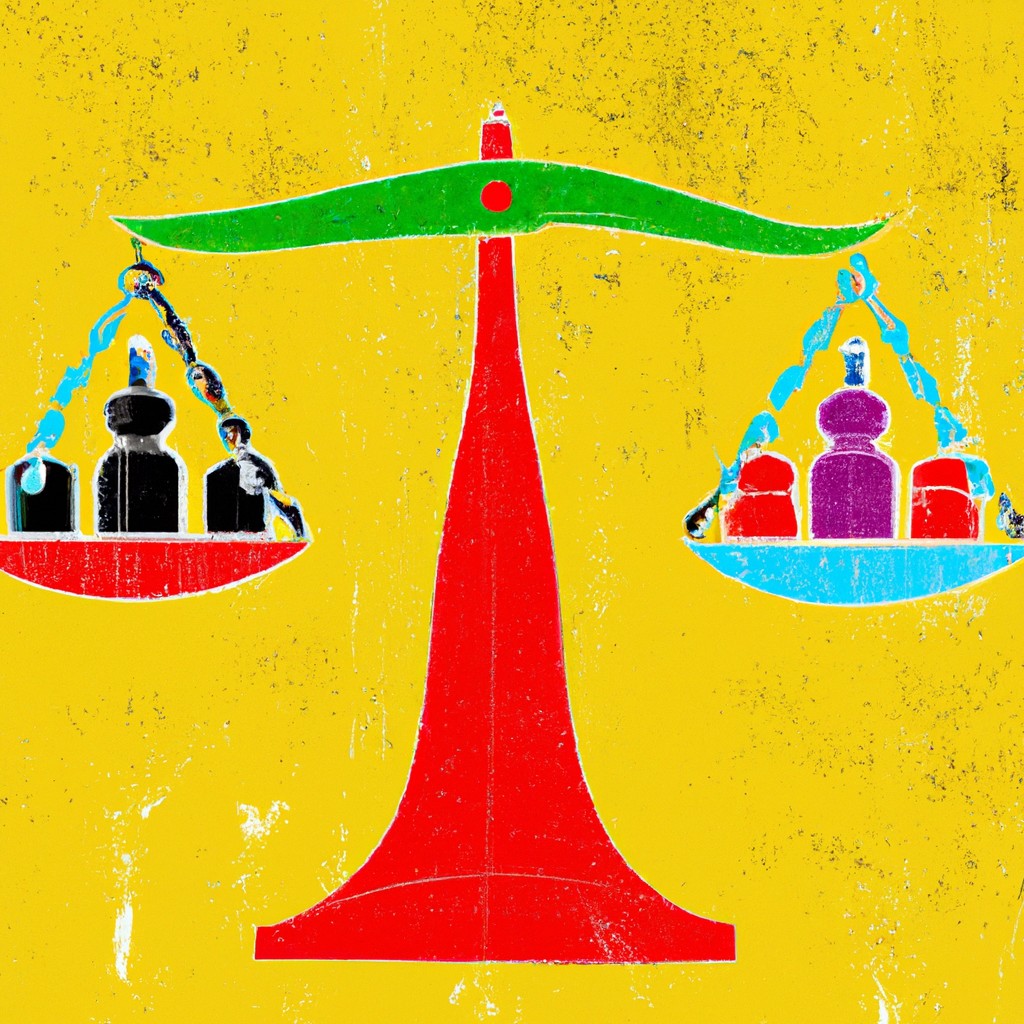Types of redistributive measures

Redistributive measures can take the form of progressive taxation, direct cash transfers, or targeted social programs. Progressive taxation entails higher tax rates for individuals with higher incomes. Direct cash transfers involve providing financial assistance directly to those in need. Targeted social programs aim to support specific groups facing economic challenges. These measures are designed to promote a more equitable distribution of wealth and opportunities within society. By implementing these strategies, governments can help reduce income inequality and provide assistance to those most in need, fostering a more inclusive and fair society for all.
Read more
Examples of redistributive measures in different countries.

Redistributive measures are employed in various countries to lessen economic inequalities. In the United States, progressive taxation takes more from higher income citizens. Norway's wealth tax targets the rich to fund social programs, promoting greater equality. Brazil utilizes cash transfer programs, benefiting low-income families. China employs land reforms to distribute wealth more equally among its population. Japan introduced equalization grants to bridge regional wealth disparities. These measures aim to create a fairer society by reducing the wealth gap between the rich and poor, ensuring that resources are shared more equitably among all citizens.
Read more
Effects of redistributive measures on income inequality

Redistributive measures aim to reduce income inequality by shifting resources from the rich to the poor. Studies show that such policies can lessen the wealth gap, leading to a fairer society. By taxing the affluent and providing welfare benefits to the less fortunate, governments can create a more equitable distribution of resources. This can improve social cohesion and reduce poverty levels, fostering a more stable and inclusive economy. However, critics argue that excessive redistribution may hamper economic growth and discourage entrepreneurship. Striking a balance between fairness and economic efficiency is key to effectively addressing income inequality through redistributive measures.
Read more
Economic justifications for redistributive measures

Redistributive measures can address income inequality by assisting disadvantaged individuals. Such measures include progressive taxation and social welfare programs. These policies reduce the wealth gap and promote social stability. By redistributing resources, society can ensure a more equitable distribution of opportunities. Economic disparities can hinder overall societal progress, creating challenges that affect the entire community. Redistributive measures can help alleviate poverty and promote a more just and fair society for all members. Government intervention is crucial in addressing these disparities and ensuring a level playing field for all citizens. Embracing redistributive policies can lead to a more balanced and prosperous society in the long run.
Read more
Definition of redistributive measures

Redistributive measures aim to promote fairness by shifting resources from the wealthy to the disadvantaged. These policies address economic inequalities by leveling the playing field. By implementing progressive taxation and social welfare programs, redistributive measures seek to narrow the wealth gap. The ultimate goal is to ensure that everyone has access to essential resources and opportunities. Such measures can help combat poverty and stimulate social mobility. Critics argue that these policies may stifle economic growth and deter innovation. However, proponents believe that they are crucial for creating a more equitable society where everyone can thrive.
Read more
Redistributive Measures

Redistributive measures aim to address income inequality by taking resources from the wealthy and allocating them to the less affluent. These policies typically involve progressive taxation, where higher earners contribute a larger percentage of their income. The funds generated can then be used for social welfare programs, education, healthcare, and infrastructure development. Critics argue that such measures disincentivize hard work and innovation, while proponents believe they promote social justice and provide a safety net for those facing economic difficulties. Finding the right balance is a challenge, as excessive redistribution can hinder economic growth and discourage investment. Nonetheless, many countries strive to strike a balance between equality and economic prosperity.
Read more












